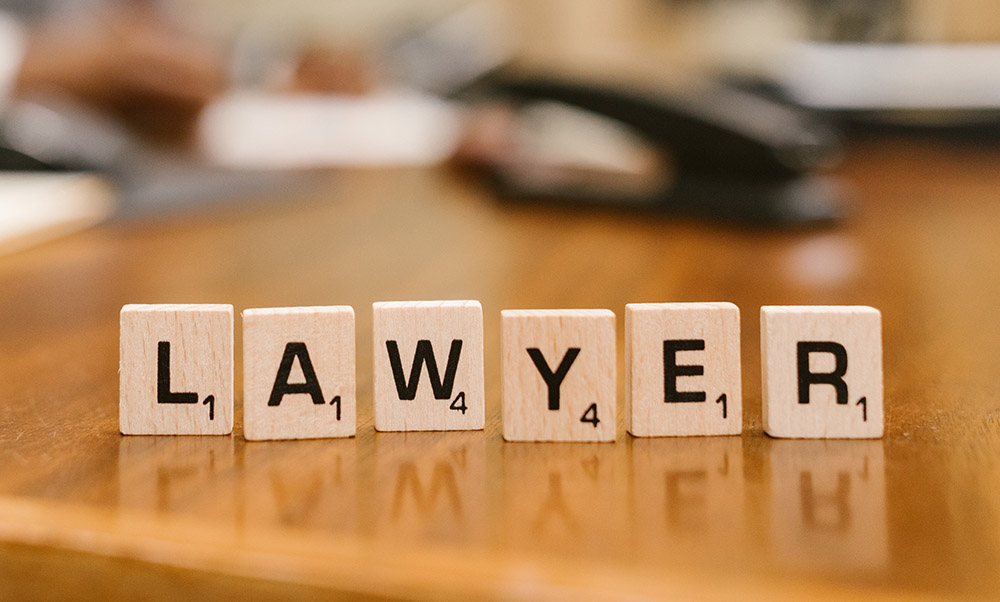
Powers and Responsibilities of the Police in India.
Powers and Responsibilities of the Police in India.
The powers and responsibilities of the police in India are defined by various laws and regulations to ensure the maintenance of law and order, prevention and detection of crimes, and protection of citizens. Here’s a detailed overview:
Powers of the Police:
- Investigation of Crimes:
The police have the authority to investigate and inquire into offenses. This includes collecting evidence, examining witnesses, and gathering information to build a case against the accused. - Arrest and Detention:
Police officers can arrest individuals based on reasonable suspicion or with a warrant issued by a magistrate. The arrested person must be informed of the grounds for arrest and has the right to legal representation. - Search and Seizure:
The police can conduct searches with a warrant, and in certain circumstances, without a warrant. This power is restricted by legal provisions to prevent abuse and ensure individual privacy. - Maintaining Public Order:
One of the primary responsibilities of the police is to maintain public order and prevent any activities that may lead to a breach of peace. This includes managing crowds, handling public gatherings, and ensuring public safety during events. - Traffic Regulation:
The police have the authority to regulate traffic, enforce traffic rules, and investigate road accidents. They play a crucial role in ensuring road safety and preventing traffic violations. - Prevention of Crimes:
The police are responsible for taking preventive measures to stop the commission of crimes. This involves patrolling, surveillance, and community engagement to deter criminal activities. - Interrogation and Custodial Rights:
During an investigation, the police can interrogate suspects. However, they must follow due process, and custodial rights, including the right to remain silent, must be respected. - Maintaining Records:
Police stations maintain records of all activities, including arrests, complaints, and investigations. Proper documentation is essential for accountability and transparency.
Responsibilities of the Police:
- Protection of Life and Property:
The primary duty of the police is to protect the life and property of citizens. This includes responding to distress calls, preventing crimes, and ensuring the safety of individuals. - Assistance to the Public:
The police are obligated to provide assistance to the public, whether it’s helping accident victims, guiding lost individuals, or responding to emergency situations. - Enforcement of Laws:
Police officers enforce various laws and statutes, ensuring that individuals and businesses comply with legal requirements. This encompasses a wide range of activities, from licensing to environmental regulations. - Community Policing:
Building trust and collaboration with the community is a vital responsibility. Community policing involves working closely with residents to address local issues, build partnerships, and enhance public safety. - Crime Prevention and Detection:
Proactive measures to prevent crimes and timely detection of offenses are fundamental responsibilities. This includes intelligence gathering, surveillance, and strategic planning to address emerging threats. - Witness Protection:
The police play a role in ensuring the safety of witnesses, especially in sensitive cases. Witness protection programs are implemented to encourage people to come forward with information. - Emergency Response:
Quick response to emergencies, accidents, and disasters is a critical responsibility. The police coordinate with other emergency services to manage crises effectively. - Human Rights Protection:
Upholding the human rights of individuals, even those accused of crimes, is a crucial responsibility. The police must follow due process and ensure fair treatment of all individuals.
It’s important to note that the powers and responsibilities of the police are subject to legal constraints and oversight to prevent abuse and protect the rights of citizens. Continuous training and adherence to ethical standards are essential for effective law enforcement in India.
Adcocate J.S. Rohilla (Civil & Criminal Lawyer in Indore)
Contact: 88271 22304
